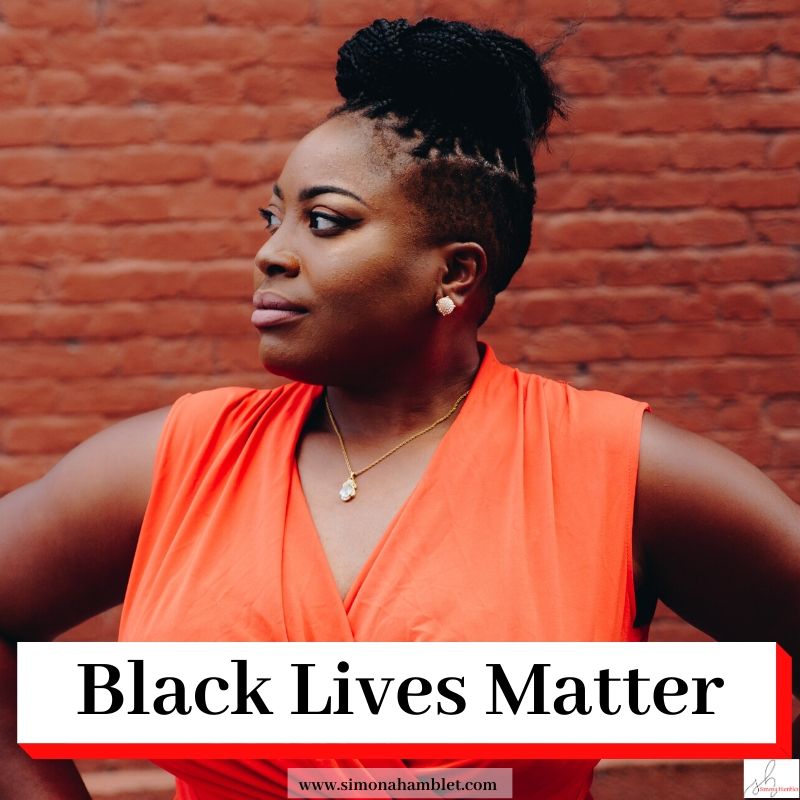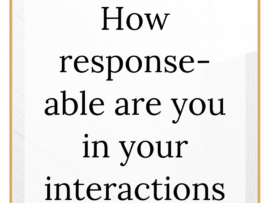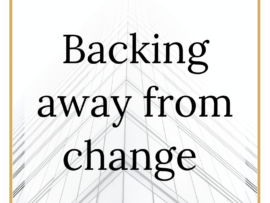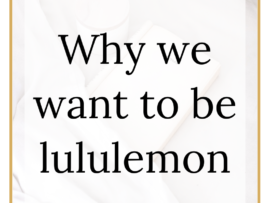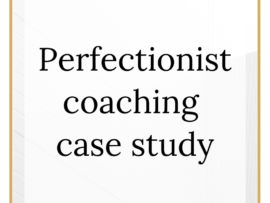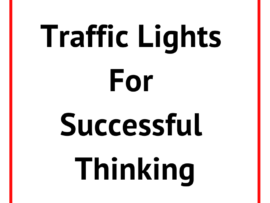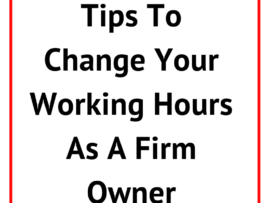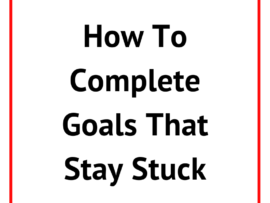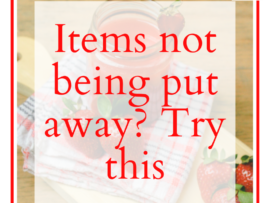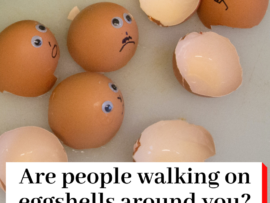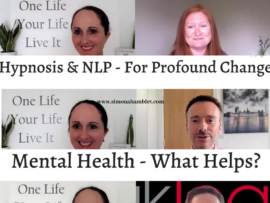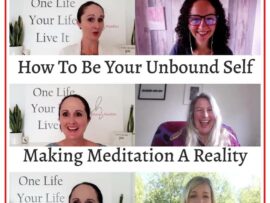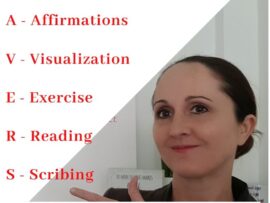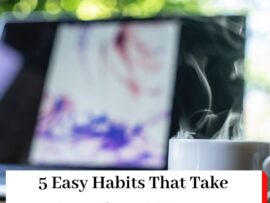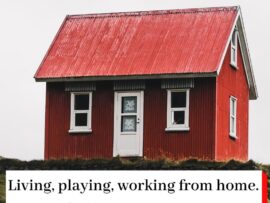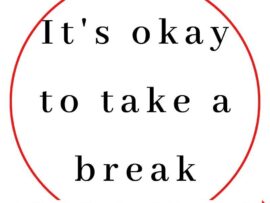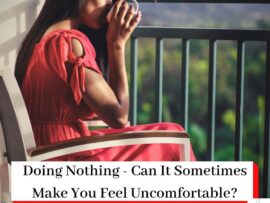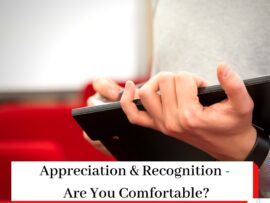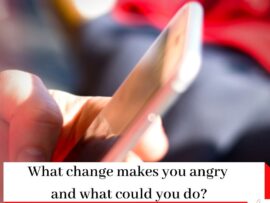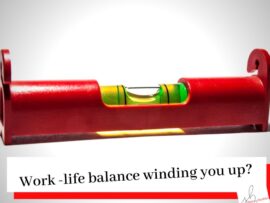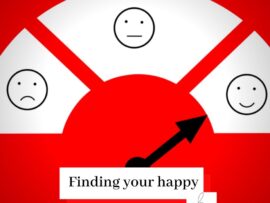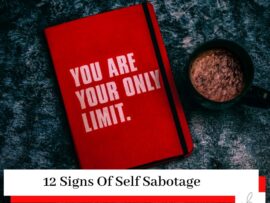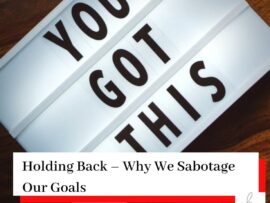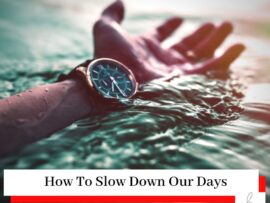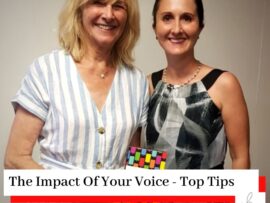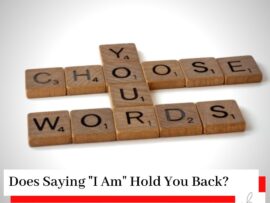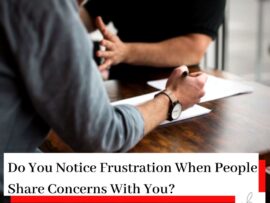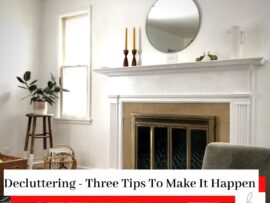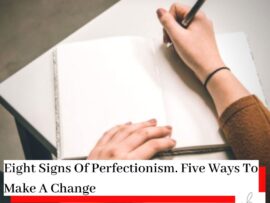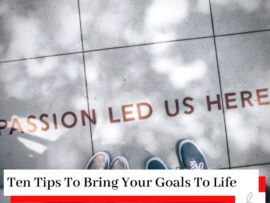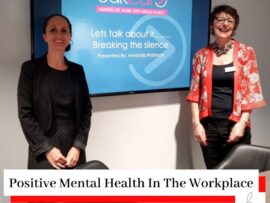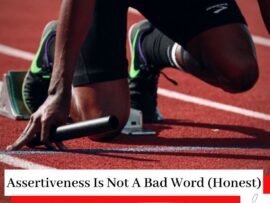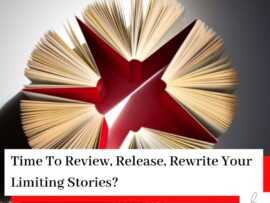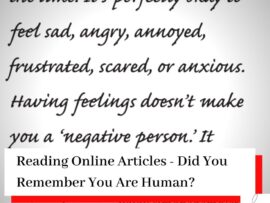Black Lives Matter
0 Comments#BlackLivesMatter
I was finding it hard to know what to say about such a big topic, and how to best approach it, as a white person. I hope, for what is it is worth, as a white person, that it helps support others, through generating some new thoughts and actions.
–
A powerful question I recently heard was:
Would you choose to be treated the way black people are?
–
Most, if not all of us, would say no. None in the large auditorium that heard this, put their hand up.
We may not always be able to verbalise it, but we can feel or sense it. A knot of some kind, an unease. We might see some worrying images in our mind. We feel uncomfortable, worried, or perhaps scared, about how we might be treated if we were suddenly black* (or had been when we were younger).
–
Black Lives Matter. What can we do about it? Here are a few thoughts (from my experiences):
1. We all have our prejudices and our biases. FACT. It may be a blind spot. Or it may be a known feeling of discomfort, or thoughts that come up, when seeing or thinking about certain races. Want to know your blind spots? Head over to Harvard’s Project Implicit and carry out some Implicit Association Tests (IAT), it is uncomfortable and eye opening. Have a black friend? We sometimes hear that if we have a friend who is black (or gay etc), that we can’t be prejudiced. Sadly, that we know one person, doesn’t make it wider in itself. Frequent interaction with other people and cultures does make a difference.
2. Those worries and feelings of discomfort? That is us having been educated to feel a threat. We were not born with prejudice. Our job is to uncover those biases, those prejudices, those stereotypical views, and work on releasing them, and do more to help others to do the same. That might include pointing out posts or views that are overtly, or otherwise, racist or misinformed (how gently or how strongly we do that, depends on the message we are trying to convey and the person involved, shaming may not educate). Anything said, or written, that creates a sense of ‘them and us’. Or points the finger of blame, at another race, for something. Should sound warning bells. Report the posts or pages (on social media), block, don’t share (unless calling it out, and even then we might reflect on what we might be perpetuating), and, of course, lets fact check (Full Fact is a good starting point). Share the truth.
3. It is not the job of black people to educate us about what racism is, and what it does. That is our responsibility. Listening, reading, and developing our own self-awareness, our understanding of it. It does not need to be all at once, we can begin with taking first steps. Perhaps start to follow social media profiles, or persons, wider than our norm, search for some articles on the subject, start to notice more, perhaps listen rather than changing the channel. Even look into those that we perhaps disagree with (to a point). The responsibility is ours. We know it exists; the rest is up to us.
4. As leaders (at all levels) we need to start the conversations in our workplaces. We need to be proactive. We need to be thinking ahead about what we can do to be different. We ought not to be waiting for a black person to raise it. Yes, we might get it wrong, yes, we might say the wrong thing, but therein also lies the difference. We can often choose to speak up, or to stay quiet, and with fewer consequences. Black people do not have the same choices. If they stay silent nothing changes. If they speak up, something might happen – but it may not be a good thing! Help raise the conversation in whatever way we can.
5. Again, as workplaces, we also need to be actively encouraging diversity, removing obstacles, shouting out please come and give us a try, come and work with us. Educating the young and the now, that our workplaces, career options, and industries, are wholly available to them. Adapt, adjust, allow, for whatever differences society has created so far as appropriate (be it in education or otherwise) and do what can be done. Look around us right now. We are 51% women, in London white people count for 45%. How does our workplace reflect this? What reasons come to mind? If we dug a little deeper into possible blind spots, biases, prejudices, stereotypes, or obstacles, what might they be? With laser focus we moved workplaces, in their entirety to their homes in days, is that not proof of what we might achieve?
6. We know that whatever traumas, experiences, challenges we may have faced in life. Black people have gone through the same, but with all the additional obstacles, judgments, biases, and prejudices heaped on top. Be aware. Likewise let go of our own guilt or shame, for where we have got to now. Focus on going forward. How can we make changes? I do not believe the aim is to create a world where perhaps we don’t notice colour. What we want to do is to enjoy everyone for their uniqueness. Enjoy the experiences and richness of every human being. And for each human being to have the same opportunities.
7. Passionate is passionate. Let us not call passionate conversations, from a black person, anger. Many of us also heard recently, a comment on the ‘use of tone’ in a debate. Which in itself suggests a feeling of being above, a parent, a ‘boss’ – don’t you take that tone with me. Even if it is anger, I would be pretty mad too at times. Angry, frustrated, worried, at not being heard. Knowing people are choosing not to hear, time and time again. Living with fear and prejudice. Watching your children, your family, face the consequences. When we move beyond our triggers, our discomfort, we can start to listen to the stories in a new way. What about when we hear people say, I have a right to share my differing points of view? We can all share our views. That is not the same as sharing views and expecting them to go unchallenged. It is then up to us about how we respond. Educating ourselves on useful responses is part of that learning (I am still working on it). What if they are closer to us, do we do the same, are we challenging them, separating from them? What might we choose to do? It isn’t always comfortable thinking on it, never mind acting on it.
8. We need to be an ally, a voice, a supporter. To do things that feel uncomfortable. Yes, we can take to the streets in protest, but it does not need to be a big statement, it can be lots of smaller steps and actions. Whatever we do is more than not doing. Wherever we are, we can move forward. Making a difference one step at a time.
Let’s make it NOT okay for discrimination to show up in our world.
OneWorld. Our World. Love It.
Simona
(*yes, we can replace the word black, for brown, gay, women, old, disabled, poor, you name it, and notice the unease, today we are focusing on #blacklivesmatter)
